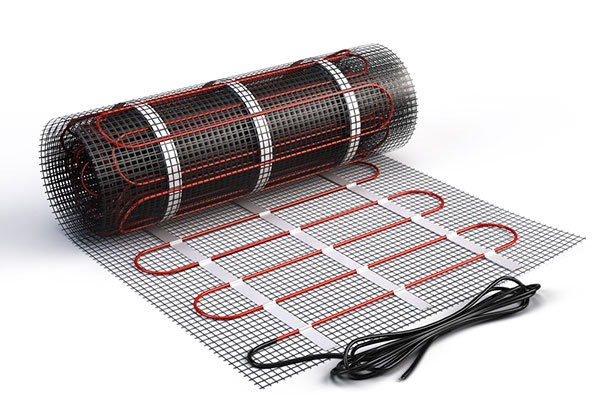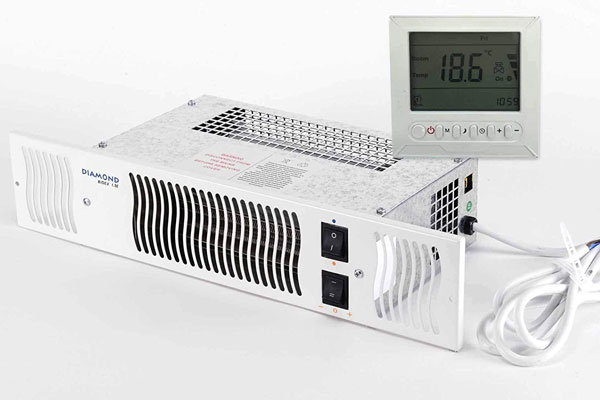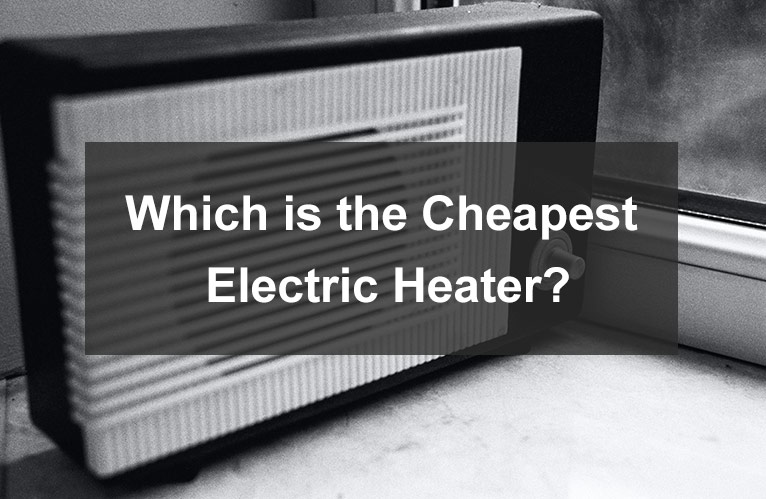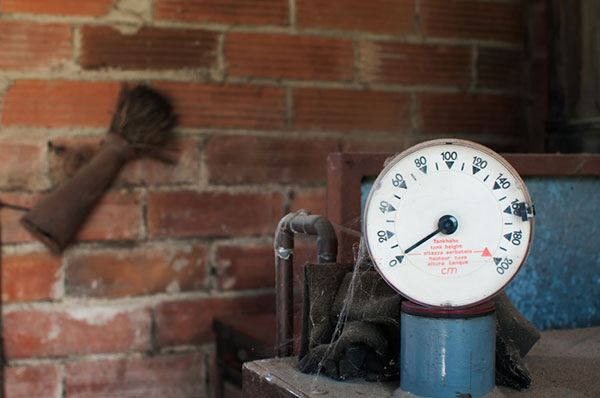Home upgrades can be remarkably expensive, but certain upgrades help our homes to be more comfortable. Among the most popular home upgrades available today is underfloor heating. This improved technology has been around for many years, but is becoming more and more popular. Investing in underfloor heating can be a little pricey, but those who have it, truly enjoy their experience.
An average cost is approximately 1.5p per sq meter per hour. Based on underfloor mat power: 200W per m².
The true cost would depend on floor mat used, insulation & other heat sources. Of course current electricity prices would affect the cost too.
If you are considering upgrading your heating system to include underfloor heating, monthly costs will be a factor in your decision. The cost of heating a home can take up to half of your monthly home expenses, so it is a lot to consider. We will delve deeper into the use of underfloor heating and help you make an informed decision and discover how economical this unique form of heating is.
Underfloor Mats Run Costs Estimation
Since our traditional central heating system will be replaced by an electric heating system, we won’t have to worry about doubling our heating costs.
| Per hour | Per year | |
| Bathroom (4m²) | £0.06 | £30 |
| Kitchen (6m²) | £0.09 | £45 |
| Living Room (12m²) | £0.18 | £90 |
Best Underfloor Mat Selection – Top Brands
Is It Better to Leave Electric Underfloor Heating on All the Time?
Electric underfloor heating works similar to a standard heating unit as they are both controlled via a thermostat system. Although it might seem like you should turn on and off your underfloor heating to save money, this isn’t necessarily true. When you turn off the system, your floors can become very cold very quickly, depending on how well your floors are insulated. It can take a lot of time to warm the floors up when the system is reengaged. However, leaving the system on helps to maintain a constant temperature and although the system may click on regularly, it will not take as much energy to warm the floor up to a comfortable level each and every time.
Does Underfloor Heating Increase Bills?
Where you might think an underfloor heating system might increase the cost of heating your home, you might be surprised to know that it does not. An electric underfloor heating system generates less energy to heat floors. These types of system utilize a far more economical means of heating through radiant heat and floors do not have to be heated to the same temperature as the entire room. Those who have used electric underfloor heating systems have actually saved money on their monthly expenses as it helps generate heat for the entire space.
Is Electric Underfloor Heating Cheaper Than Radiators?
Initial costs to install a radiator system can be less expensive then an underfloor heating system. However, the initial cost should not be your sole focus. Radiator units require initial install and utilize more energy than under floor heating systems. A radiator can be a potential hazard for young children and must be regularly maintained, so that is something you should certainly consider.
An underfloor heating system can be a little more costly to install, but the benefits are paid back over time. Underfloor heating systems are substantially lower in cost to run when compared to a radiator unit and they take up virtually no space, so there is no concern of a small child running into the system. An underfloor heating system distributes heat evenly, throughout the area to ensure a constant heat. With radiators, many units can be necessary to heat a large space and cold spots remain a constant worry for the homeowner. Find out more about this topic here.
Is Electric Underfloor Heating More Expensive Than Water Underfloor Heating?
In regard to initial installation costs, electric underfloor heating wins every time. The use of a boiler system with water underfloor heating systems calls for increased installation costs. An electric underfloor heating system is less involved and far less expensive to install.
As for overall efficiency, water underfloor heating systems tend to be the preferred choice. With electric underfloor heating systems, coils cool down quickly once the unit is switched off. However, water underfloor heating units offer the benefit of increased temperature control. It takes a lot longer for water to cool than coils, so your floors can stay warmer, longer, even if there is an interruption in power.
Maintenance on your underfloor heating system is another factor to consider and this is another area where electric underfloor heating units win out. The added cost of water and electricity calls for a higher level of careful maintenance and there is always the risk of a potential water leak leading to increased repair costs.
How to Make Underfloor Heating More Efficient
Underfloor heating systems are becoming more popular than ever before. Costs for installation, maintenance, and general running of the unit can weigh heavy on a homeowner’s mind, but there are things you can do to ensure your underfloor heating system is as efficient as possible…
Use the Right Insulation
When using any type of heating system, the right insulation can make all the difference. Better quality insulation holds heat inside your home more efficiently, so if you have yet to update your insulation, now is the time to do it as you install your new electric underfloor heating system.
Professional Installation
This is not something the average DIYer should try to do. There are a lot of intricate parts to underfloor heating and one wrong move could spell disaster for your home, so always trust a true professional with installing your electric underfloor heating.
Avoid Heavy Furniture on System
Furniture is a given in your home, but placing very heavy furnishings over coils can obstruct or even break the electric line. Know where your coils are and avoid placing heavy furniture on them.
Last update on 2025-03-01 / Affiliate links / Images from Amazon Product Advertising API










